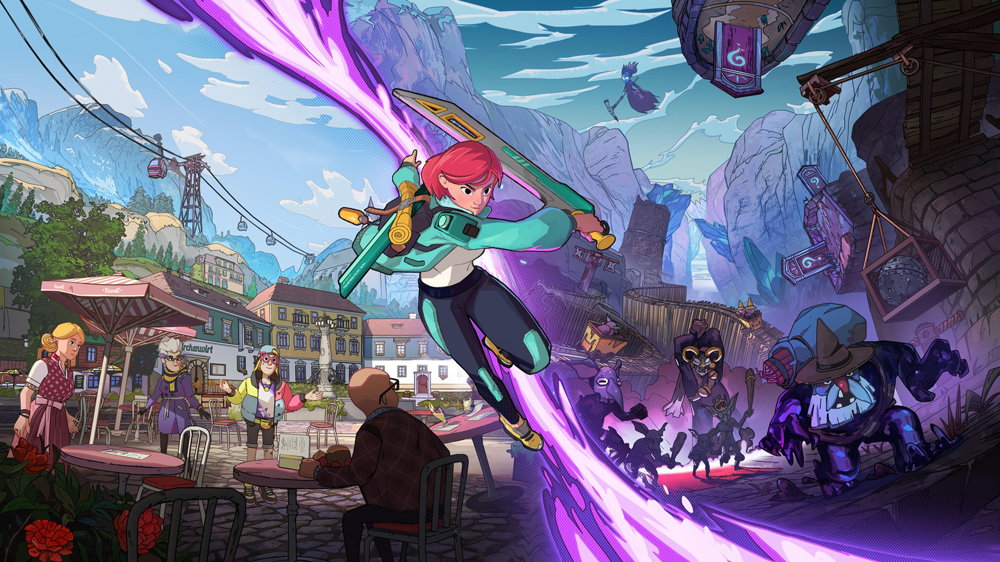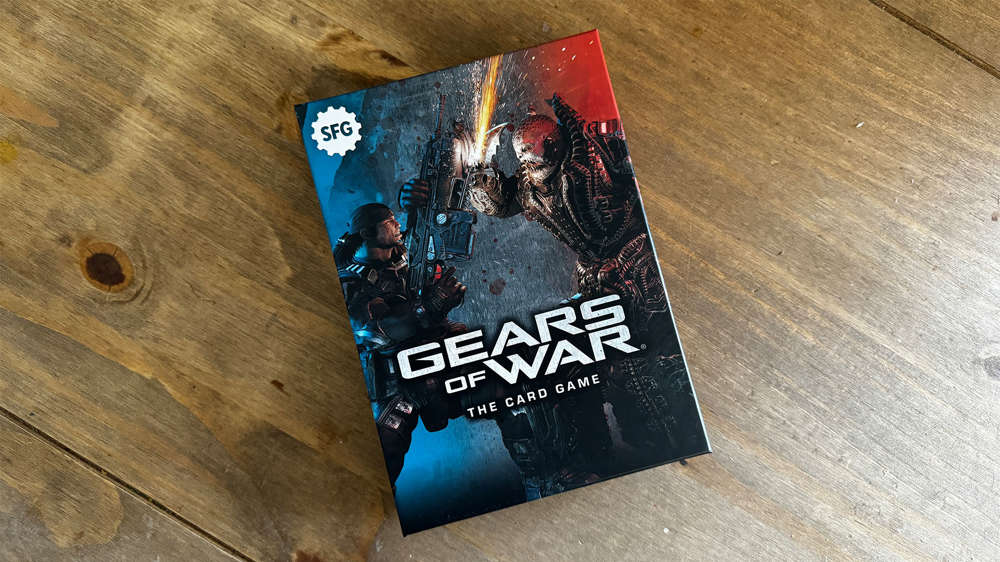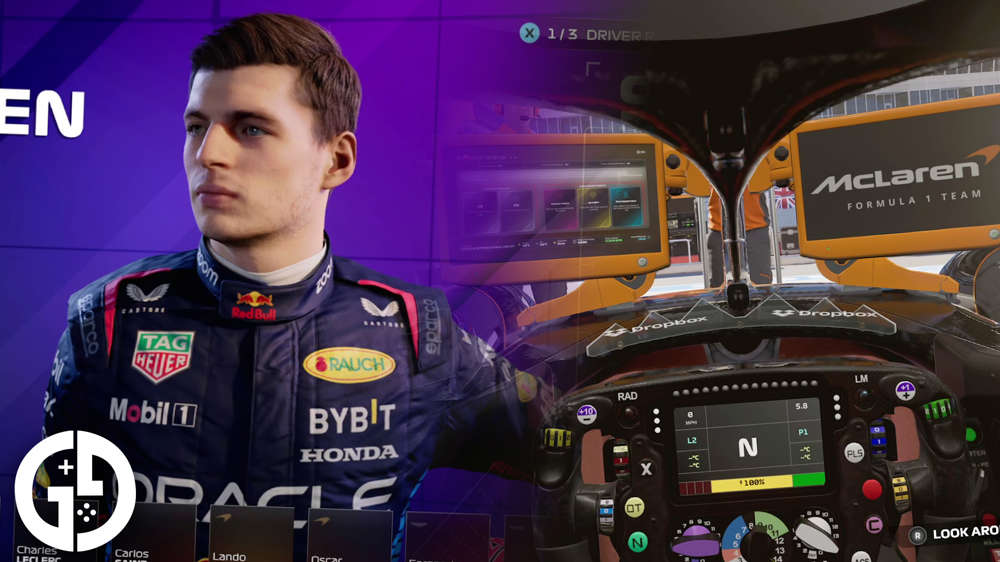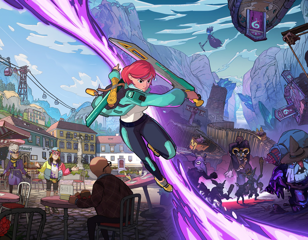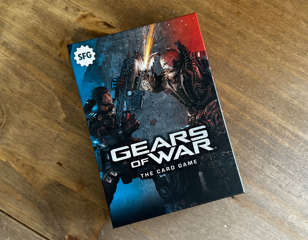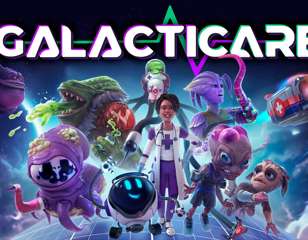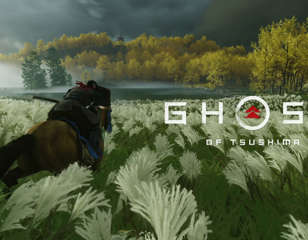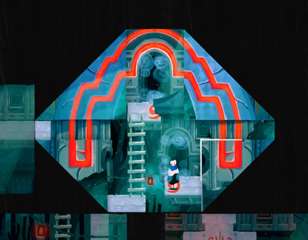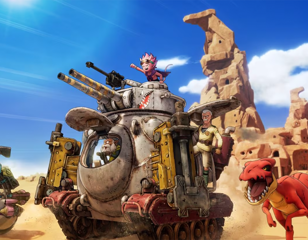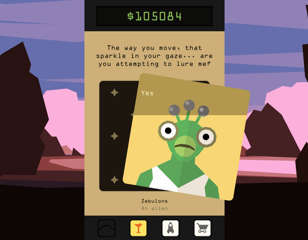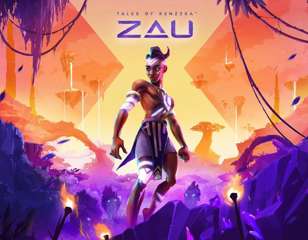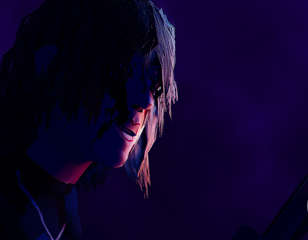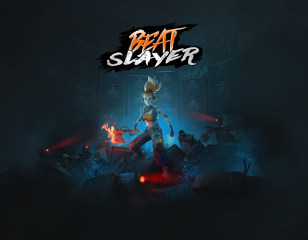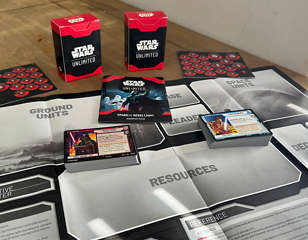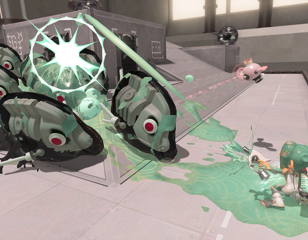Black Myth Wukong review: An inconsistent odyssey
Black Myth: Wukong infuses the cultural heritage of China, its rich mythology, and one of its most important pieces of literature with an action RPG structure that's as deep as it is grand in scale. However, this same scope leads to some inconsistency across the board that is a detriment to the overall quality.
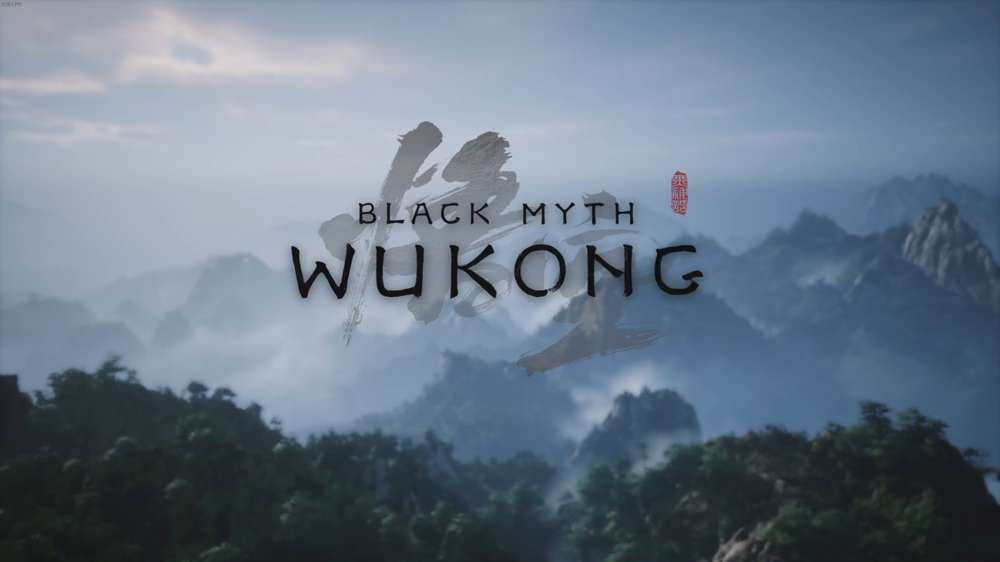
Black Myth: Wukong infuses the cultural heritage of China, its rich mythology, and one of its most important pieces of literature with an action RPG structure that's as deep as it is grand in scale. However, this same scope leads to some inconsistency across the board that is a detriment to the overall quality.
Images via Game Science
China arguably isn't known for its premium, single-player or console video games, with consoles being banned for a time, and mobile titles making up much of the market and development focus as a result. In addition, online video games have a playtime limit for under-18s.
As a result, people are now exposed to more foreign video games, and one of the biggest markets in the medium can't spend a lot of time online playing anymore; as you would expect, this has forced developers' hands.
Enter Black Myth: Wukong - one of the first AAA, single-player video games to emerge since these cultural changes. This is just one of the first of what's likely to be a growing trend in China's video game industry to focus on these types of experiences. And Black Myth is a solid but troubled effort to kick things off.
GGRecon Verdict
Black Myth: Wukong infuses the cultural heritage of China, its rich mythology, and one of its most important pieces of literature with an action RPG structure that's as deep as it is grand in scale. However, this same scope leads to some inconsistency across the board that is a detriment to the overall quality.
Return to Monkey Island

Black Myth: Wukong is an adaption-cum-expansion of Journey to the West, a 16th-century Chinese novel about a mythical pilgrimage to obtain sacred Buddhist texts. The game isn't a straight adaption, but it draws heavily from the source, especially in its tone, structure, and rich depiction of Chinese mythology and culture.
You play as the Destined One, a bipedal monkey who sets out to retrieve six lost relics and revive the fallen Sun Wukong, forcing you to venture west, through forests, deserts, and snow-capped mountains while meeting a cast of very odd people and enemies who have fallen to the allure of corruption.
The devs went big with this game, selling the arduous journey on a grand scale only possible with big budgets, big ideas, and good execution. The graphical fidelity puts it among the best-looking games you can play right now, and it has a tonne of flair and spectacle, backed by a consistently evolving art direction that is as varied as it is gorgeous, shifting thematically from chapter to chapter.
The level design also keeps the same variety, with the game switching between more linear chapters with little extra exploration, and some with a tonne of optional pathways, quests, and loot to find. I appreciated it as a necessary balance to keep the already long playtime from getting out of control, and also keeps you focused on some of the more important story beats when they hit.
The downside to the graphical quality is a lot of visual clutter that can frustrate at times. The game is full of invisible walls to lead you in the right direction, but you're also encouraged to explore for treasures and optional content in the more open areas. There's some inconsistency to this, with paths often looking like they can be travelled down only to lead to invisible walls, and vice versa.
A Simple Staff

The biggest question players seemed to have since Black Myth was announced, was how it related to the Soulslike genre. I can say it's certainly not a straight-up Soulslike - more akin to Nioh if you need a comparison - but it's all for the game's benefit in the end. It borrows enough to spice up its action RPG gameplay, but frankly, with how long it is, and how many bosses you'll fight, a straight-up copy and paste of the style would have turned it into a chore.
Combat is more fluid and dynamic as a result. The Destined One only wields a simple staff, though it can be upgraded with more damage and some secondary benefits as you progress, but his arsenal of moves, spells, and transformations makes up for the lack of weapon variety.
It follows the simple light attack and heavy attack focus with dodging and a stamina bar to balance, but from there, things pile up. You can build focus to imbue your heavy attacks with more power; Qi is a resource you can spend to transform into slain enemies, taking their form for powerful attacks. And you get four spell slots that are spent using mana to combine with everything else.
Add in the huge amount of skill trees you can work through for extra moves, passive effects, and bonuses to your kit, and you get a fast-paced combat system with a lot of depth.
It's worth noting that the game doesn't explain all this very well at the start, and while it's readable enough that you'll pick up how it all works by the end of the first chapter, it could do with a little more of a tutorial for some elements.
Boss Rush

The game could be described as a boss rush, as you'll fight a lot of them pretty quickly after each other. There's a good balance of monsters and humanoids that test you in different ways, but a surprising amount can be spammed down quite easily. As a result, the more challenging bosses are the ones I look back on fondly, as they force you to engage with the full suite of moves and tactics available to you.
There are also a variety of standard enemies in between boss encounters, with many guarding the treasures you can find and barring the optional paths from you. However, the design of these can be utterly frustrating at times, especially when ranged enemies are peppered about on raised platforms that you can't counter because The Destined One has essentially zero ranged moves himself.
It's straight from the FromSoftware playbook, but Game Science doesn't realise that From's games provide ways to fight back, despite the odds against you. This all culminates in an hour-long section during the third chapter that was genuinely one of the least unenjoyable stretches of a game I've played in a long time. It really stands out because the other parts I disliked are much more brief and mostly skippable, whereas this is a circling linear path you can't avoid.
Important Context
Since the review embargo lifted, it's come to light that some content creators received an email from a marketing publisher affiliated with Game Science that had odd demands for how coverage should be. The list included no discussion of China's game industry and policies, COVID-19, and no mention of 'feminist propaganda'. Journalists didn't appear to get the same requirements, at least in the UK.
When you take into account the previous allegations of sexism at Game Science, I think this is worth mentioning here. The implication that politics or equality aren't topics to be discussed in the context of video games - a literal form of art - is troubling to put it lightly.
Ultimately, it's your money to spend, so in addition to my review of the game's content, I wanted to contextualise Game Science and its stances as well.
The Verdict

Black Myth: Wukong infuses the cultural heritage of China, its rich mythology, and one of its most important pieces of literature with an action RPG structure that's as deep as it is grand in scale. However, this same scope leads to some inconsistency across the board that is a detriment to the overall quality.
3.5/5
Reviewed on PC. Review code provided by the publisher.
Comments

